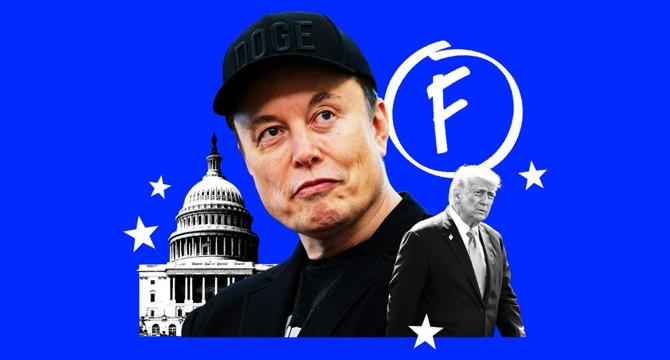Insider
4w
389

Image Credit: Insider
Management experts say 'Uncle Elon' needs to cry 'Uncle!'
- President Donald Trump and Elon Musk's bromance turned sour as their shared enthusiasm for cutting government waste led to personal animosity and management clashes.
- Musk's Department of Government Efficiency (DOGE) faced criticism for clumsy management that resulted in disruption, mistrust, and talented individuals leaving the organization.
- DOGE claimed $180 billion in savings but estimates suggest its actions could cost up to $135 billion.
- Musk's involvement with DOGE affected his businesses negatively, leading to wealth fluctuations and Tesla's market cap decline.
- Trump and Musk's fallout included threats to terminate Musk's governmental subsidies and contracts worth billions of dollars.
- Musk's leadership style, characterized by top-down decision-making, clashed with the government's need for transparency and collaboration.
- Experts point out that Musk overestimated his role in implementing spending cuts and underestimated the cultural differences in government operations.
- The tension between Trump and Musk highlights power struggles and the negative consequences of ego-driven clashes in management.
- Musk's future strategies may involve portraying himself as a technocrat offering help while navigating political alliances and brand repair for Tesla.
- Lessons from the Musk-Trump rift emphasize the importance of understanding organizational culture and working collaboratively rather than imposing tech-world tactics.
Read Full Article
23 Likes
For uninterrupted reading, download the app